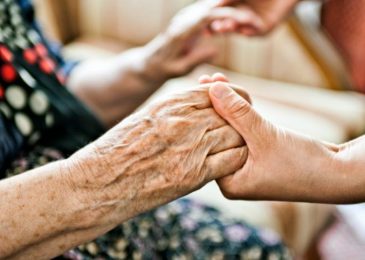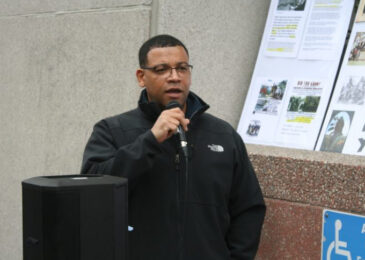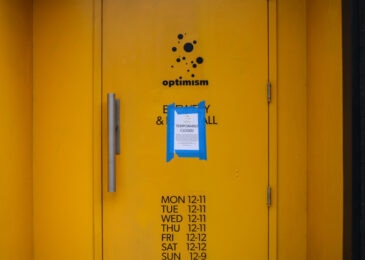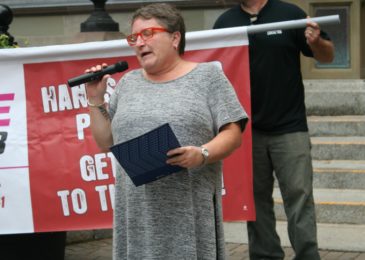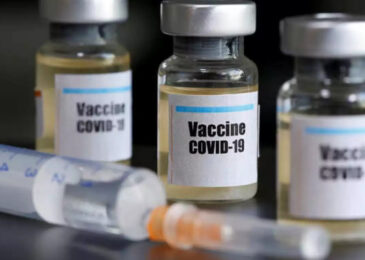Labour views: Our government must fix long-term care
Danny Cavanagh: “The system of long-term care in our province is, for the most part, a private for-profit system and that must end. I think it’s fair to say that the residents and staff in long-term feel neglected, based on their treatment and working conditions.”

